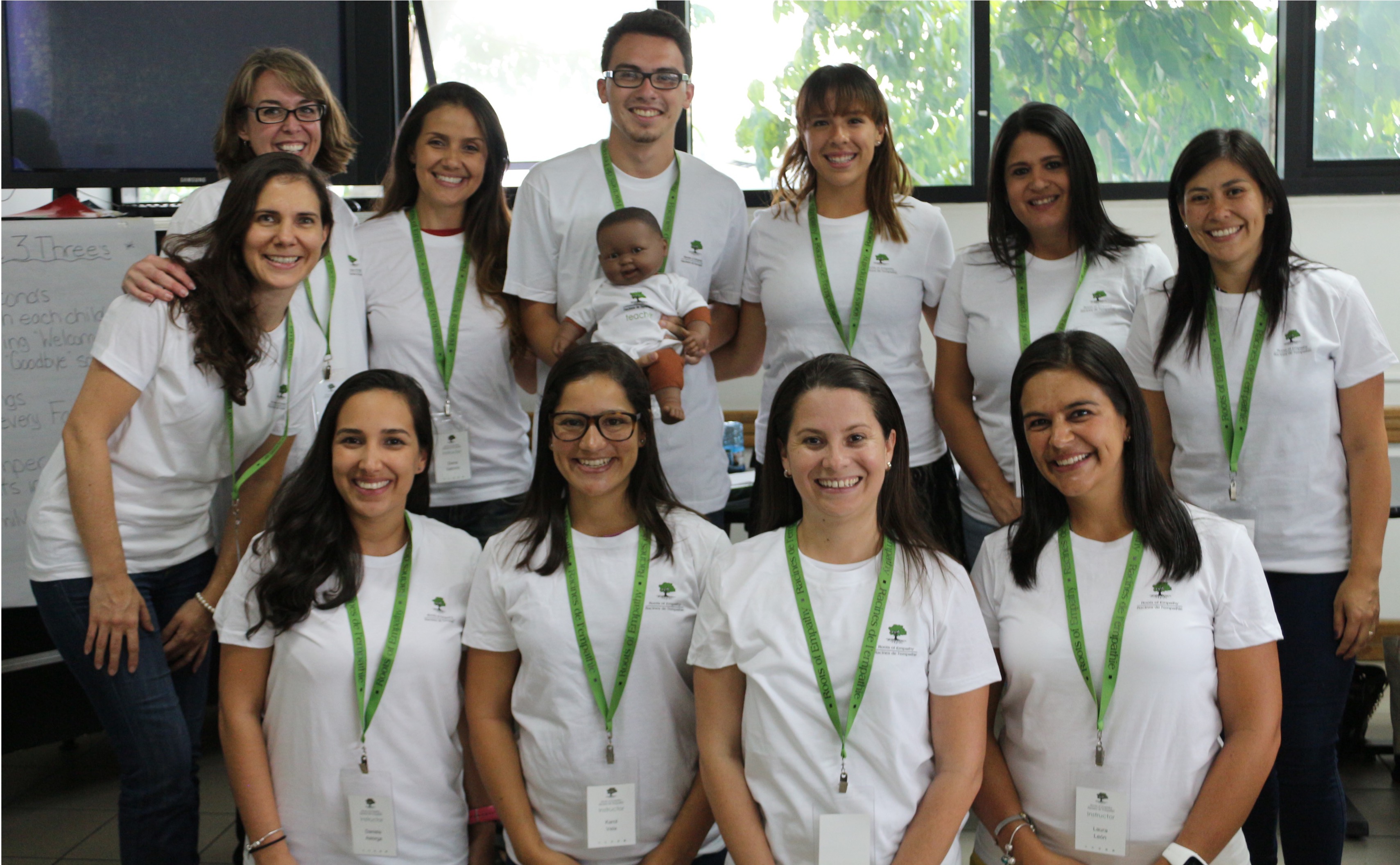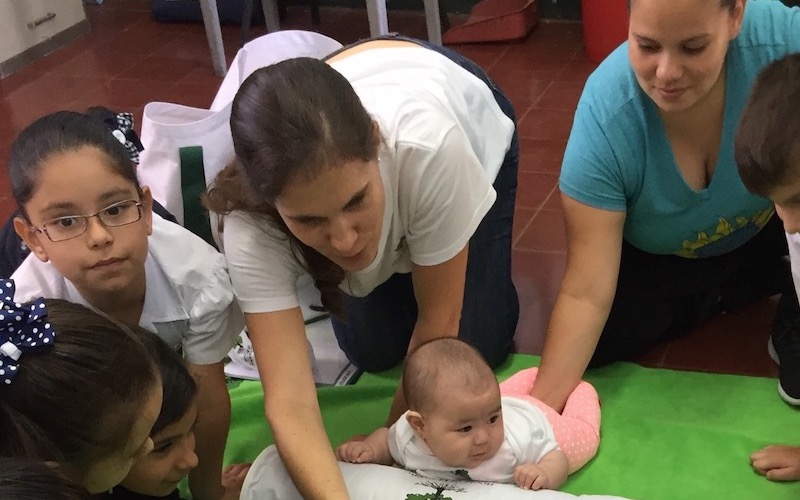Queridos amigos y amigas de Roots of Empathy en Costa Rica:
Con gran pesar les informamos del cierre de operaciones de Roots of Empathy en Costa Rica a partir del 23 de marzo de 2023.
Desde el 2017 ha sido un gusto trabajar con ustedes al servicio de los niños y las niñas para nutrir su empatía, reducir la violencia, desarrollar la amabilidad, la inclusión, la solidaridad y mucho más. Apreciamos profundamente todo su apoyo.
Queremos agradecer especialmente a María José Font por hacer realidad su sueño de tener Roots of Empathy en su querida Costa Rica. Nuestro más profundo agradecimiento a María José, a las escuelas anfitrionas de Roots of Empathy, a las familias voluntarias con sus “Pequeños Maestros y Maestras” y a todas las instructoras de Roots of Empathy por su profundo compromiso con los programas de Roots of Empathy y con los niños y las niñas.
Si tienen alguna pregunta, no duden en comunicarse con nosotros al correo roemail@rootsofempathy.org.
Muy agradecida,
Mary Gordon C.M., O.N.L., O.ON., LL.D., D.Litt.
Fundadora/Presidenta
Roots of Empathy

Nuestro primer grupo de Instructoras e Instructores Roots of Empathy en Costa Rica.

María José, nuestra heroína, con la “Pequeña Maestra” Sara.

